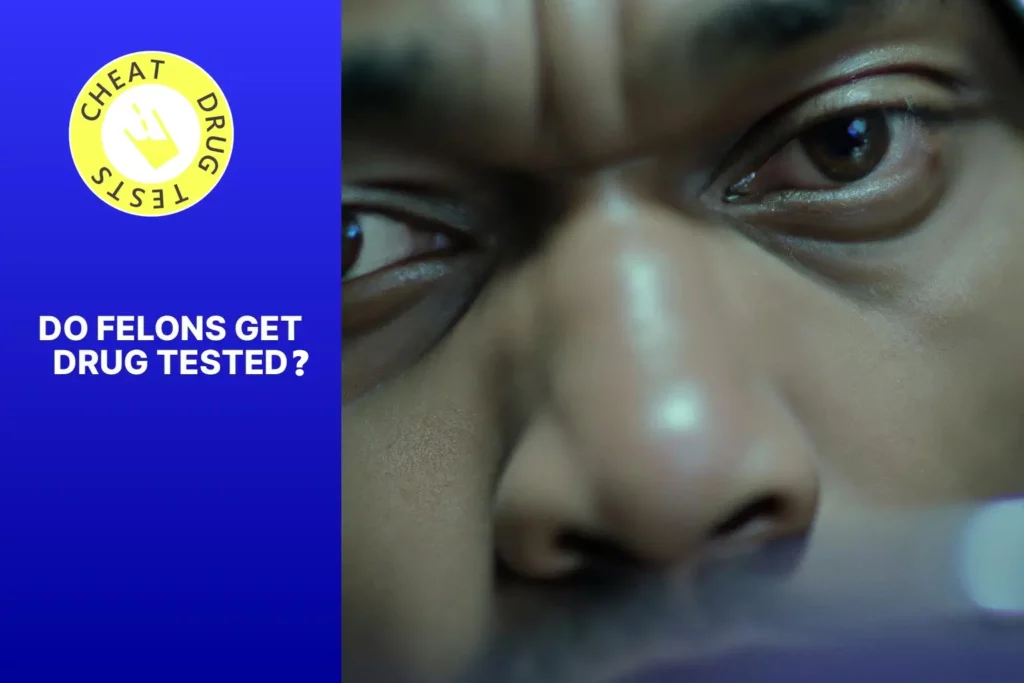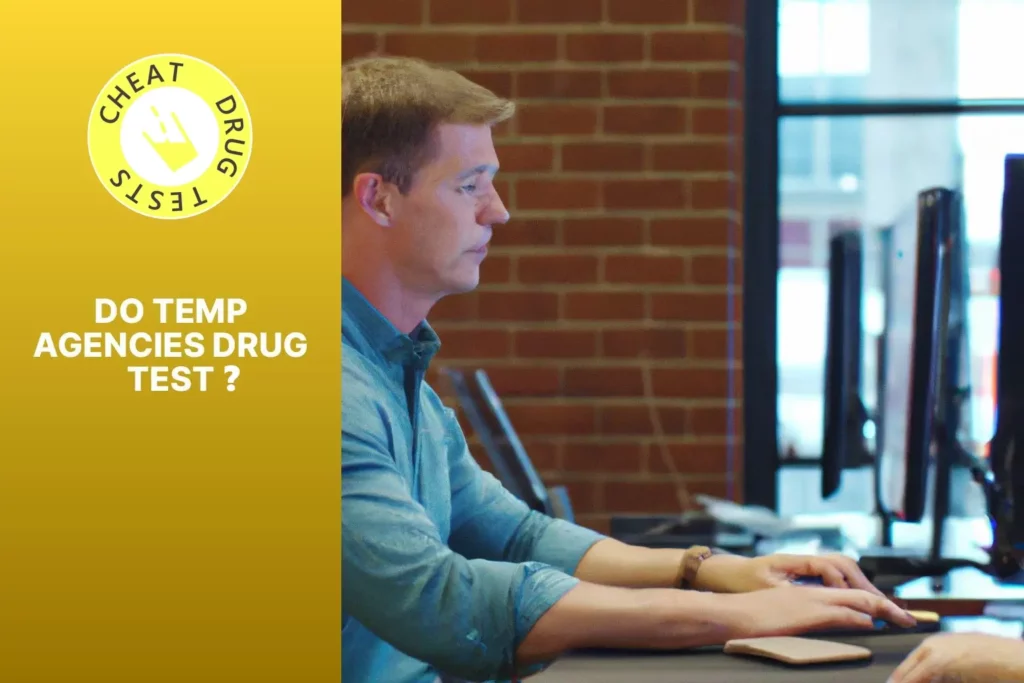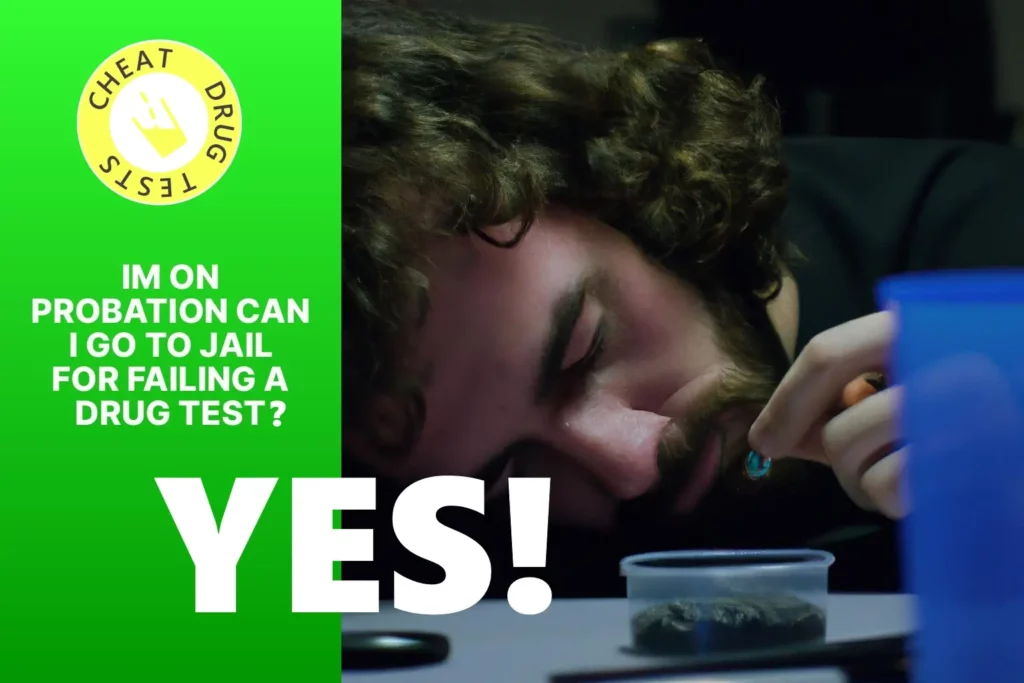As a urologist, I can provide insights about the drug tests utilized by Child Protective Services (CPS). These tests take place pre-employment to guarantee the safety of the children in their care.
Urine tests are the main option for CPS. This is due to their non-invasive nature and capacity to detect a wide range of substances. Plus, they are easy to administer and provide accurate results quickly.
The samples taken during the test are sent to a laboratory for analysis. This allows for identifying particular drugs and their metabolites in the urine sample.
It is essential to note that CPS may resort to other types of tests, like hair follicle or blood tests, in certain scenarios. Yet, urine tests remain the most common ones for pre-employment screenings.
Pro Tip: If you are undergoing a CPS drug test, it is vital to abstain from any illegal drugs to ensure your eligibility for employment with Child Protective Services.
Understanding CPS Drug Testing
Child Protective Service (CPS) use drug tests to check if kids in their cases are safe. These tests decide if guardians are using illegal drugs and if it’s a danger for the child.
Here is a table with the details of the common tests used by CPS:
| Test Type | Sample Collected | Detection Window |
|---|---|---|
| Urine Test | Urine | 1-30 days |
| Hair Test | Hair | Up to 90 days |
| Saliva Test | Saliva | 1-3 days |
| Blood Test | Blood | A few hours to a few days |
CPS drug testing can be done in different stages. Each state has its own rules on how often and in what situations it should be done.
Tip: Anyone connected to CPS should not use any substances, legal or illegal. Positive results can change child custody and the result of the case.
Types of Drug Tests Used by CPS
CPS drug tests use various methods to detect drugs in individuals. Prominently, the urine test is used for pre-employment drug screening. Let’s take a look at the types of drug tests employed by CPS.
| Test | Description |
|---|---|
| Urine Test | A sample of urine is taken and analyzed to look for drugs or metabolites. It is non-invasive and accurate. |
| Hair Follicle Test | Hair follicles are taken and tested for drugs used in a certain timeframe. It can detect drug use over a longer period. |
| Saliva Test | Saliva is collected and checked for the presence of drugs. It is less invasive and gives quick results. |
| Blood Test | Blood is taken and analyzed for drugs. It gives accurate results but is more invasive, and requires professional help. |
Hair follicle tests can identify long-term drug use. Saliva tests give real-time information about drug use. Here’s how to pass CPS drug tests:
- Abstain from drugs.
- Stay hydrated, but don’t drink too much.
- Know the timelines for drug elimination.
- Ask a professional for advice if needed.
By understanding the types of CPS drug tests and following these suggestions, individuals can prepare and be compliant with CPS rules.
Preparing for a CPS Drug Test
Be prepared for a CPS drug test! Follow these four steps:
- Drink lots of water – Flush out toxins in your system.
- No drugs or alcohol – Even tiny amounts can be detected.
- Follow instructions – Read instructions before the test. This may include fasting or avoiding certain medications.
- Be focused – The test is to protect children. Stay calm throughout.
Also, note that CPS usually uses urine tests. These are highly accurate and reliable.
So, stay hydrated, avoid drugs and alcohol, follow instructions, and stay focused. Best of luck!
Tips for Passing a CPS Drug Test
If you’re dealing with a CPS drug test, it’s essential to know what steps to take to pass it. Here are some tips to help:
- Don’t Use Drugs: Abstain from any drugs prior to your test. This lowers the risk of anything showing up.
- Drink Water: Hydration is key. Drinking water will flush out toxins and dilute substances in urine.
- Follow Healthy Habits: Exercise and eat well to detox your body naturally and boost your chances of passing.
- Look into Detox Products: See if any detox products work. But research and ask experts before trying them.
- Know Testing Guidelines: Understand the guidelines of CPS drug testing. This will help you decide how long drugs stay detectable and if there are other tests.
- Get Legal Advice: If you’re worried, ask a lawyer who specializes in child protective services cases.
Note: These tips may help, but there’s no sure way to pass. Everyone’s body is different. Don’t let fear lead you to drugs; there are other ways to get ahead without hurting yourself. Focus on goals and make smart choices for a great future.
Commonly Asked Questions about CPS Drug Testing
Do you have questions about Child Protective Service (CPS) drug testing? Here are some answers to help you understand the process.
CPS uses urine tests. Yes, there is a pre-employment drug screening. Their results are accurate and reliable. Medication can affect the results, so it’s important to let CPS know about any prescribed drugs.
CPS drug testing is thorough and professional. They want to make sure children are safe. Accurate results help them make decisions for the child’s best interest.
If you’re involved in a situation that requires CPS drug testing, it’s important to cooperate. It shows you care, and it can help the outcome. Don’t risk missing out on the chance to protect your family. Take action now.
Conclusion
CPS utilizes various drug testing methods, like urine tests and pre-employment screenings. This is to guarantee the wellbeing of children in their care. Urine tests are one of the primary methods used. They can detect a variety of substances, giving valuable insights into an individual’s drug use. Pre-employment drug tests for employees is another measure CPS takes to protect children.
I recently heard a story that shows how vital it is. A young boy was put into CPS care because of his mother’s substance abuse problem. Through regular testing and interventions, the mother recovered, while we made sure the child was safe and secure.
Ultimately, CPS drug testing is necessary to keep children safe from potential harms caused by substance abuse. With these tests, they aim to create a safe and nurturing environment.
Frequently Asked Questions
What type of drug test does CPS use?
Child Protective Services (CPS) typically uses urine tests for drug screening.
Why does CPS use urine tests for drug screening?
Urine tests are non-invasive, easy to administer, and provide accurate results for detecting drug use.
What drugs can be detected in a CPS urine test?
A urine test administered by CPS can detect a wide range of drugs, including marijuana, cocaine, amphetamines, opioids, and benzodiazepines.
Does CPS perform pre-employment drug screening for its employees?
Yes, CPS may require pre-employment drug screening for its employees to ensure a drug-free workplace and maintain the safety of children under their care.
How long can drugs be detected in a CPS urine test?
The detection window for drugs in a urine test depends on the specific substance and individual factors. Generally, drugs can be detected in urine for a few days up to several weeks.
Is it possible to cheat or tamper with a CPS urine test?
CPS takes precautions to prevent cheating or tampering with urine tests. Strict protocols, such as observed specimen collection, are in place to ensure the integrity of the testing process.
Cheat Drug Test articles & impartial reviews are funded by affiliate commissions, at no extra cost to you, our awesome readers. Learn more



